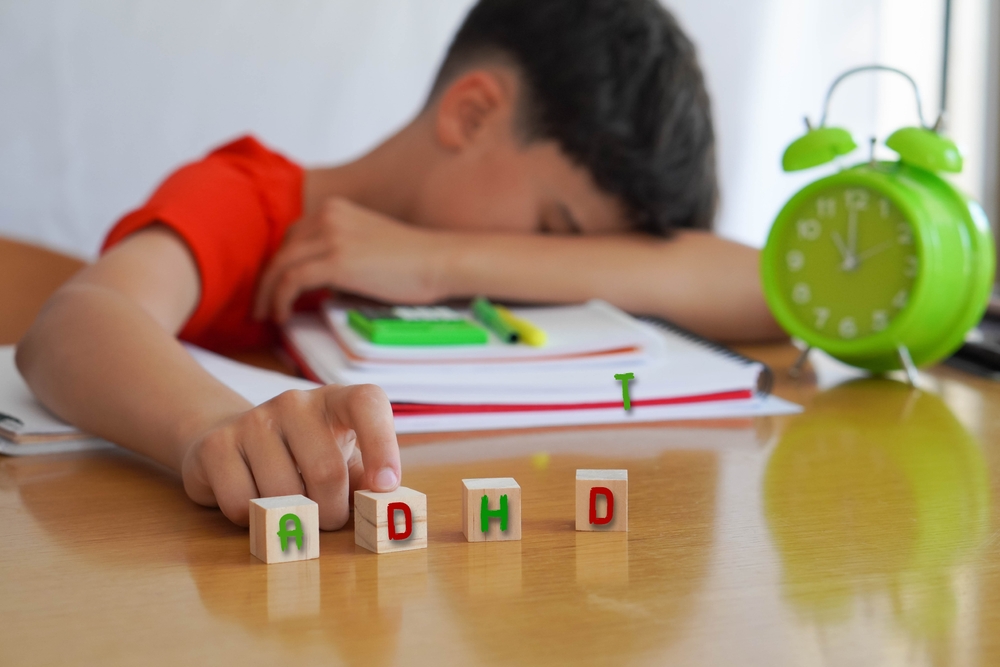Signs Your Child Might Have ADHD: A Pediatrician’s Advice
Understanding ADHD: What is it?
Attention Deficit Hyperactivity Disorder (ADHD) is a common neurodevelopmental disorder that affects children and can continue into adulthood. Characterized by symptoms like inattentiveness, hyperactivity, and impulsiveness, ADHD can impact a child’s ability to focus in school and maintain personal relationships. Understanding ADHD and its symptoms is crucial for early diagnosis and management.
Pediatricians often play a key role in identifying ADHD. They look for specific signs like difficulty maintaining attention, frequent fidgeting, and impulsivity. These behaviors must be present in more than one setting, such as both at home and in school, and persist for at least six months to be considered for a diagnosis.
ADHD is often familial, suggesting a genetic component. Early intervention can significantly improve outcomes for children with ADHD, making awareness and knowledge of the signs essential for parents.
In recent years, awareness about ADHD has increased, yet many misconceptions still prevail. It is important to differentiate typical childhood behavior from ADHD symptoms to avoid misdiagnosis.

Key Signs Your Child Might Have ADHD
One of the primary signs of ADHD in children is inattentiveness. Children may have difficulty focusing on tasks or following instructions. They might seem like they are daydreaming or not listening, when in reality they are struggling to process information.
Hyperactivity is another common sign. This can manifest as a constant need to move, talk, or make noise, even when it is not appropriate. Children with ADHD often have trouble staying seated and may fidget or squirm excessively.
Impulsivity is a hallmark of ADHD. Children may act without thinking, interrupt others, or have trouble waiting their turn. This can lead to difficulties in social settings and affect relationships with peers.
It’s essential to observe these behaviors across different settings and over some time. Temporary changes in behavior might not necessarily indicate ADHD.
How Pediatricians Diagnose ADHD
Pediatricians use a comprehensive approach to diagnose ADHD, which includes gathering information from multiple sources. They may use standardized questionnaires for parents and teachers to assess the child’s behavior patterns. A thorough medical history and physical examination are also important components of the evaluation process.
Diagnosis often involves ruling out other potential causes for the observed symptoms. Conditions such as anxiety, depression, sleep disorders, and learning disabilities can mimic or coexist with ADHD. Thus, a careful differential diagnosis is essential.
Pediatricians may refer to specialists, such as child psychologists or psychiatrists, particularly for complex cases. Collaboration among healthcare professionals ensures a well-rounded diagnosis and treatment plan.
The goal of diagnosis is not just to label a child but to pave the way for effective treatment and support strategies to help them succeed.
Treatment and Management of ADHD
Once diagnosed, ADHD is typically managed through a combination of medication, behavioral therapy, and educational support. Medication, often stimulants, helps manage symptoms by enhancing focus and reducing hyperactive and impulsive behaviors.
Behavioral therapy involves helping children develop skills to manage their symptoms and improve their social interactions. Techniques may include setting clear routines, positive reinforcement, and teaching organizational skills.
Educational support can involve accommodations in school, such as additional time for tests or tailored instruction methods to help the child learn more effectively.
Parenting strategies and support can also play a significant role in managing ADHD. Understanding the child’s unique needs and fostering open communication can create a supportive home environment.
Conclusion
Recognizing the signs of ADHD early and seeking professional advice is crucial. With the right support and treatment, children with ADHD can thrive and lead successful lives. Parents should maintain open communication with healthcare providers and educators to ensure the best outcomes for their child.